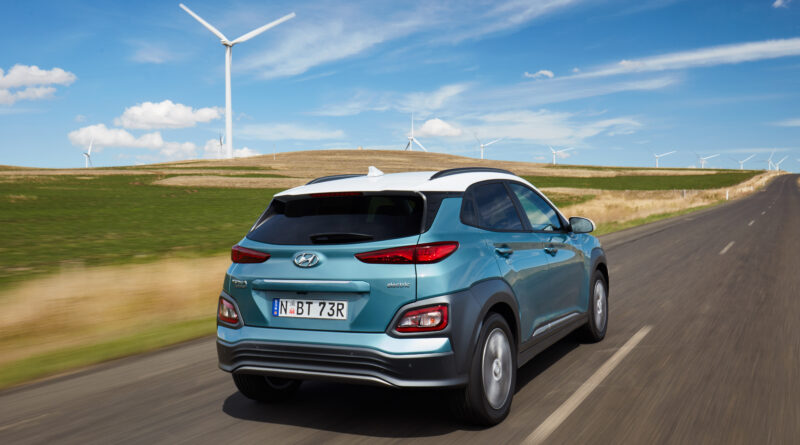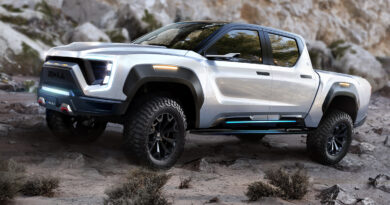Axe the tax, EVs a revenue winner analysis finds
A new report has found the loss of fuel excise as electric vehicles take over Australian roads will not be the income hit governments fear.
The report, compiled by consultants Ernst & Young on behalf of the Electric Vehicle Council, shows every driver who switches from fossil fuels to EVs delivers a $1370 boost to government coffers and an $8763 benefit to the Australian economy.
It also found an average net benefit to government and society of $40,051 by replacing a diesel bus with an electric bus.
Fuel excise is levied by the federal government on petrol, diesel, gaseous fuels and biofuels among other products.
The excise is worth about 40 per cent of the cost of a litre of unleaded fuel and raises nearly $20 billion per year for general revenue.
There is concern at both federal and state government level about how this potential shortfall in revenue will be recouped if and when EVs come to dominate vehicles sales in Australia.
In commissioning this analysis the EVC is clearly trying to convince governments that imposing taxation on EVs to replace fuel excise revenue is a mistake.
“You often hear this idea that when someone replaces their petrol engine vehicle with an electric car they reduce their tax, because they don’t pay the fuel excise anymore. This analysis blows that argument out of the water,” said Electric Vehicle Council chief executive Behyad Jafari.
“Instead toying with the idea of punishing people for buying electric vehicles by charging them additional taxes, the rational thing for government to do would be pull out all stops to encourage transport electrification.
“If a quarter of Australia’s fleet was converted to electric it would generate an economic benefit of $4.4 billion a year.
“But slamming the brakes on electric vehicles, when they are capable of delivering so much economic benefit, would be extremely stupid policy.”
The analysis has been released just weeks after the EVC graded and failed most Australian governments on their efforts to encourage the adoption of electrified vehicles.
The EY analysis, titled ‘Uncovering the hidden costs and benefits from electric vehicles’, shows EVs are a net benefit despite not paying fuel excise.

That’s because the average Australian electric vehicle driver already pays more tax (spread across federal and state charges) than a combustion engine driver, despite saving on fuel excise.
These charges include additional goods and services tax, luxury car tax and stamp duty on capital cost and annual vehicle registration.
The EY analysis estimated EVs would also generate income for government from additional income taxation, arguing there would be a redistribution of expenditure to more jobs-intensive industries than fuel retailing.
It also argued EVs would negate government spending on a strategic fuel reserve.
In addition, the EY analysis found the electric vehicle driver makes a significant contribution to government and society by reducing greenhouse gas emissions, reduced local air pollution and lower noise levels.
EY’s Asia Pacific Climate Change and Sustainability leader Dr Matthew Bell said the report should be an eye-opener for lawmakers.
“Our analysis shows the significant value that electric vehicles can create for Australia, including to government,” Dr Bell said.
“What will be lost in fuel excise and GST revenue is more than made up for in savings on strategic fuel reserves leasing and the significant health and environmental benefits.”
“Climate change is having, and will continue to have, a transformative impact on all Australians. Our analysis shows that the move toward electric vehicles creates a benefit over and above the reductions in greenhouse gas emissions.”




